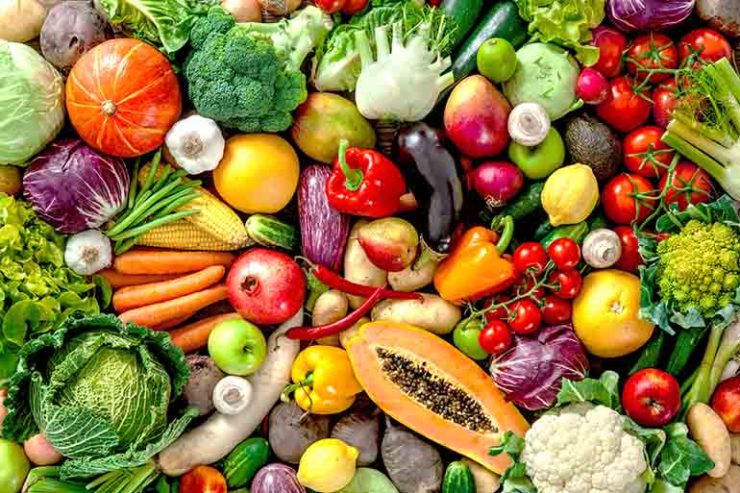20 vegetable idioms
Idioms are a large part of the English language – they are phrases or expressions with meanings that aren’t immediately clear from the words themselves. This often makes them a difficult part of language learning. Here are 20 vegetable idioms for you to explore!
Cool as a cucumber
This idiom describes someone who is calm and composed, especially in stressful situations.
In a pickle
This phrase means to be in a difficult situation, which is just as difficult to get out of as getting out of a tightly packed pickle jar.
Full of beans
This idiom describes someone who is energetic and lively.
As thick as pea soup
The idiom “as thick as pea soup” is often used to describe something that is dense or difficult to navigate, comparing it to the heavy texture of pea soup.
Spill the beans
This idiom means to reveal a secret, likening the act to beans falling out of a container, spilling out the hidden truth.
Carrot and stick
This idiom refers to a reward-and-punishment approach to motivation, it shows the use of both incentives (carrots) and consequences (sticks) to influence behavior.
Small potatoes
This idiom talks about something that’s not important, or not valuable, by comparing it to small, modest potatoes.
Like two peas in a pod
This idiom is used to describe two people who are very similar, like two peas in a single pod that look exactly the same.
Hot potato
This idiom describes a controversial or sensitive topic that is difficult to deal with, just like a hot potato that’s uncomfortable to hold.
Two carrots in one pot
A less common idiom, it shows that two people (or more) have a good relationship with each other very often also complementing each other.
Couch potato
This idiom refers to someone who is lazy, doesn’t do anything and perhaps even sits on the couch all day.
To veg out
This idiom, just like the previous one, suggests not doing anything productive. This one, however, has a less negative connotation. If you’re vegging out, you’re relaxing.
Know your onions
This idiom means to know a lot about a certain subject, understand it very well like understanding the layers of an onion.
A bad apple
This phrase describes someone who causes trouble or is dishonest, and their behavior can negatively affect others, just like how one bad apple can ruin the whole bunch.
Carrot on a stick
This idiom refers to something that is used to motivate someone like a carrot dangled in front of a donkey to make it keep walking.
Fall off the turnip truck
This idiom is often used when someone is being naive or is inexperienced.
Like trying to grow potatoes on Mars
This idiom talks about something that is a pointless or impossible task, just like growing vegetables on the planet Mars.
Don’t know beans about it
This idiom shows that someone doesn’t know anything about a certain subject.
Cool beans
The idiom “cool beans” is a casual way of saying you agree or approve. It’s like saying “awesome” or “great”.
Pea brain
This idiom suggests that someone is not that intelligent because their brain is as small as a pea.
If you enjoyed reading about vegetable idioms, you might also like our collection of food idioms!






